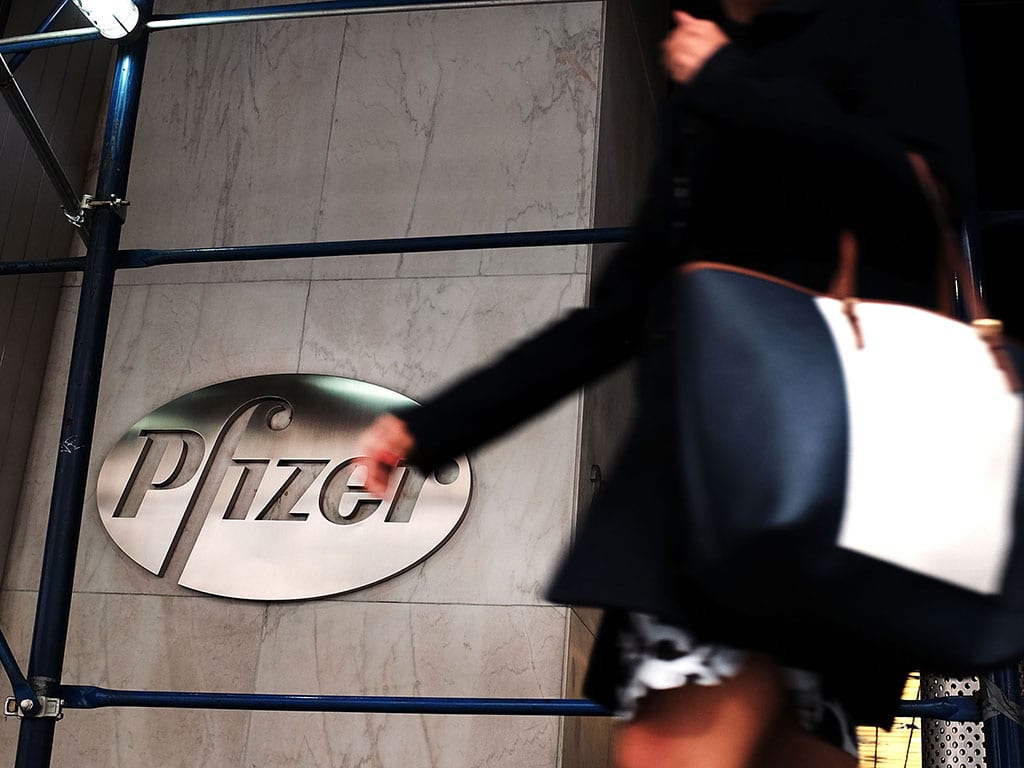
The shift has followed a law passed in 2008 that imposed price caps and stiffer fines on doctors prescribing brand-name medicines instead of generics.
One result is that Unilab, a local pharmaceuticals group, has captured nearly 48 per cent of the pharmaceuticals market, at the expense of multinational giants such as Pfizer, Abbott Laboratories and GlaxoSmithKline.
Generic medicines took 65 per cent of the market in 2014, from less than 40 per cent in 2009, according to the Pharmaceutical and Healthcare Association of the Philippines, an industry lobby group.
Foreign pharmaceuticals makers suffered price caps imposed by a 2008 law on prescription drugs considered to be essential medicines, such as those used to treat hypertension, diabetes and pulmonary diseases.
In response, companies such as Pfizer have begun to introduce their own branded generic lines or have dismantled production in the Philippines altogether.
Increased use of generic drugs has been spurred by the emergence of generics-only pharmacies such as Generika and The Generics Pharmacy, two chains that have more branches between them than the retail leader Mercury Drug’s 1,000 stores.
FT Confidential Research, a Financial Times research service, expects the market share of generics to expand to 70 per cent by 2020, as the government bolsters spending on healthcare with revenues from rising taxes on tobacco and alcohol.
This year, the Philippine pharmaceuticals market is expected to grow 4.4 per cent to 152bn pesos ($3.25bn). Growth however is expected to accelerate to 4.7 per cent next year and 5 per cent in 2017–2018, with the administration of President Benigno Aquino raising healthcare expenditures by 38 per cent to 132.7bn pesos under the 2016 budget.

